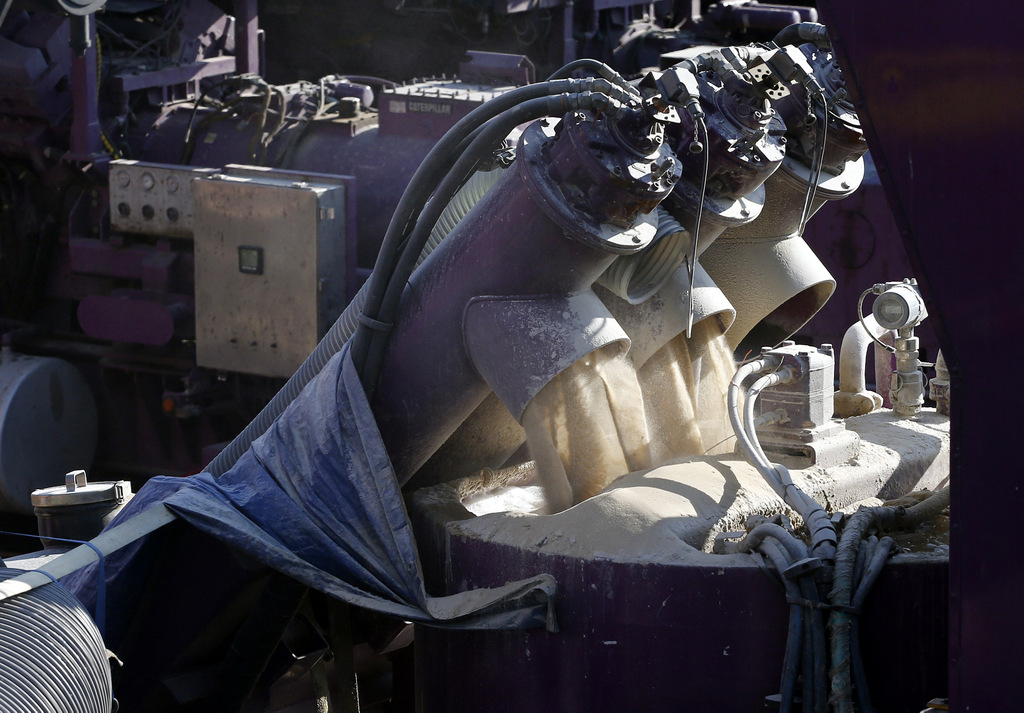
The U.S. Government Accountability Office (GAO) publicly released its report today finding that the U.S. Environmental Protection Agency (EPA) is “not consistently conducting two key oversight and enforcement activities for class II programs” for underground fluid injection wells associated with oil and gas production. The report shows that the EPA’s program to protect drinking water sources from underground injection of fracking waste needs improvement.
According to the report, “The U.S. EPA does not consistently conduct annual on-site state program evaluations as directed in guidance because, according to some EPA officials, the agency does not have the resources to do so.” The report also found that “to enforce state class II requirements, under current agency regulations, EPA must approve and incorporate state program requirements and any changes to them into federal regulations through a rulemaking.”
“The federal government’s watchdog is saying what communities across the country have known for years: fracking is putting Americans at risk,” said Amy Mall, senior policy analyst at the Natural Resources Defense Council. ”From drinking water contamination to man-made earthquakes, the reckless way oil and gas companies deal with their waste is a big problem. Outdated rules and insufficient enforcement are largely to blame. EPA needs to rein in this industry run amok.”
According to GAO, this study was conducted because:
Every day in the U.S. at least 2 billion gallons of fluids are injected into more than 172,000 wells to enhance oil and gas production, or to dispose of fluids brought to the surface during the extraction of oil and gas resources. These wells are subject to regulation to protect drinking water sources under EPA’s UIC class II program and approved state class II programs. Because much of the population relies on underground sources for drinking water, these wells have raised concerns about the safety of the nation’s drinking water.
The GAO report recommends, among other things, that the U.S. EPA “review emerging risks related to class II program safeguards and ensure that it can effectively oversee and efficiently enforce class II programs.”
This report comes on the heels of another report out last week, where Pennsylvania auditor general confirmed the state was unprepared for the growth of the shale gas industry. Auditor General Eugene DePasquale said, ”that the meteoric growth of the shale gas industry caught the Department of Environmental Protection (DEP) unprepared to effectively administer laws and regulations to protect drinking water and unable to efficiently respond to citizen complaints.”

